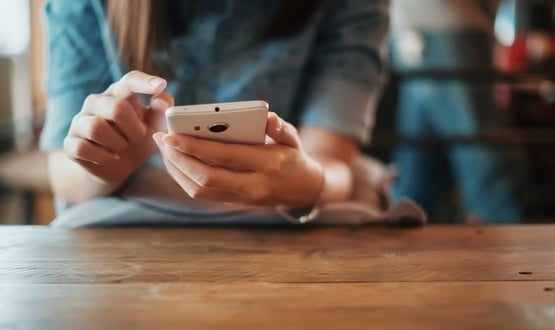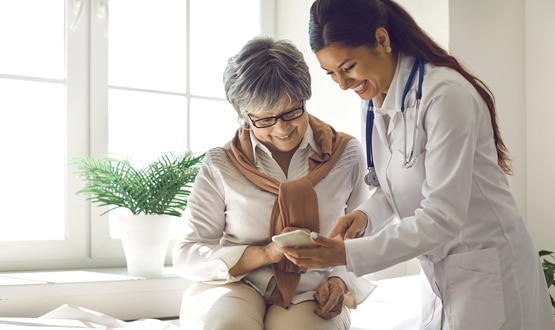Greater Manchester Mental Health trust launches validated apps library

Greater Manchester Mental Health NHS Trust has launched its own apps library to extend the support offered to patients.
The trust is the first in the UK to launched a dedicated library of reviewed mental health apps for patients with anxiety or depression.
The apps will also be embedded into its improving access to psychological therapies (IAPT) service.
The team at Greater Manchester worked with app evaluation company ORCHA, which includes almost 600 mental health apps that have been reviewed against more than 260 criteria across clinical effectiveness, security and usability.
The free to use resource for people in the area features the best apps to help people experiencing anxiety, depression, self-harm, panic attacks and thinking of suicide.
Dr Dale Huey, associate director for psychological services at the trust said: “There is evidence to show that digital therapies can achieve comparable outcomes to face-to-face therapy, when the content is right and supported by a suitably trained therapist.
“Our aim for this programme is to expand our provision of effective psychological therapies, helping as many people as we can at this time.”
The apps offer a wide variety of features such as real-time monitoring, recording and gamification, that help increase a person’s understanding and engagement with their mental health treatment.
The trust also wanted to connect the 53,000 patients it helps each year with the most effective apps, both when waiting to be seen and after online appointments.
To achieve this, the team from ORCHA and the trust reviewed the IAPT service and identified which apps will enhance outcomes for patients at each stage of their treatment pathway.
Grace Birch, associate director of information management and technology at the trust, added: “This forms part of the trust’s plan to manage increases in demand for our services and also evolve support for staff, as the health and wellbeing of our team is also a primary concern.”
Research from YoungMinds suggests that people, particularly young men and boys, are concerned about the stigma of receiving mental health support and say they would prefer online support, advice and counselling.
But among the 3,857 mental health apps available in unregulated app stores, only about 29% meet quality thresholds, according to ORCHA.
That figure drops to 5% for apps helping those with OCD, and 18% among apps for eating disorders, highlighting the importance of a resource providing access to reviewed mental health apps.




